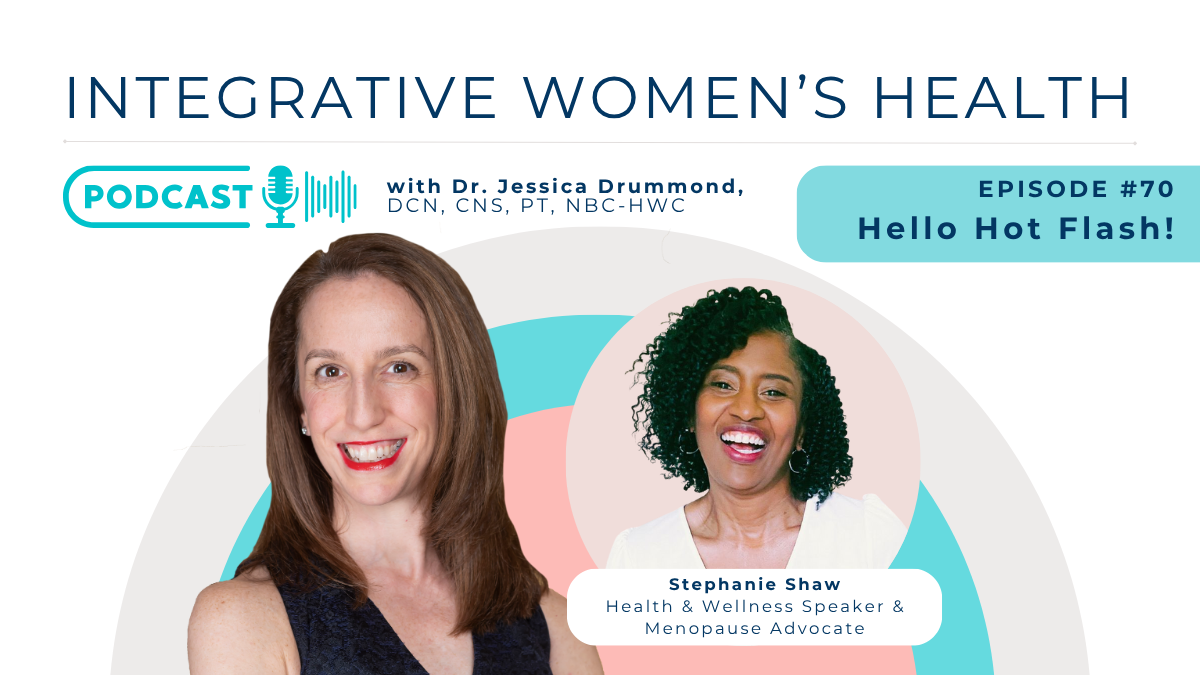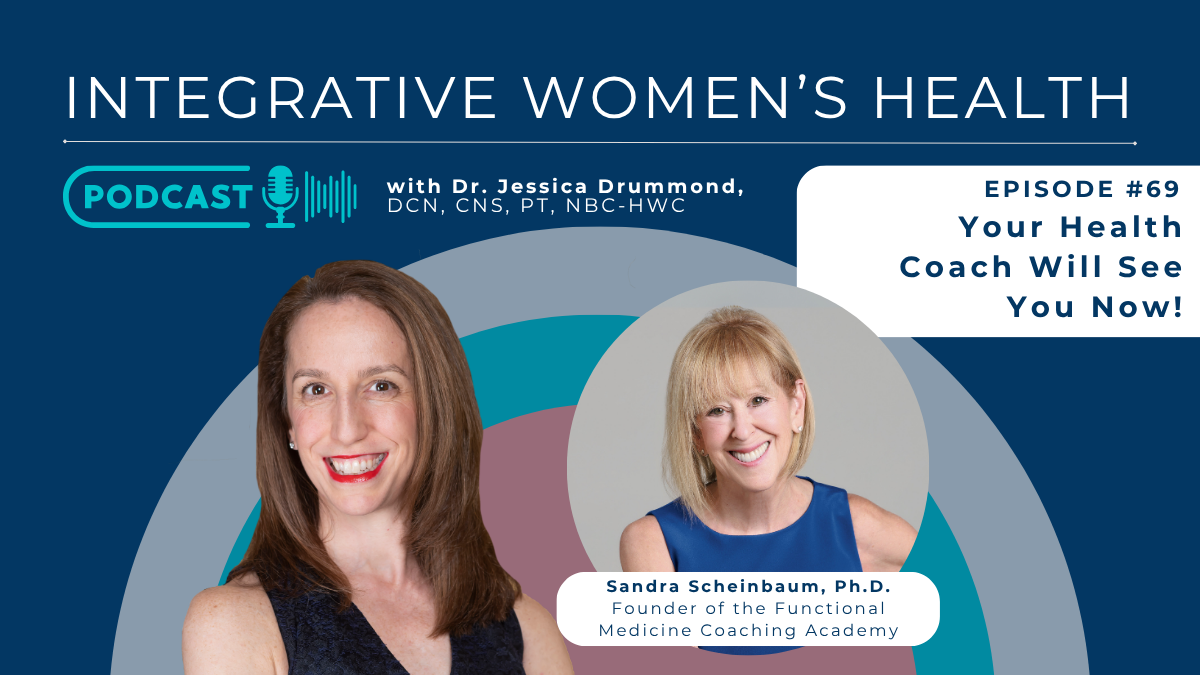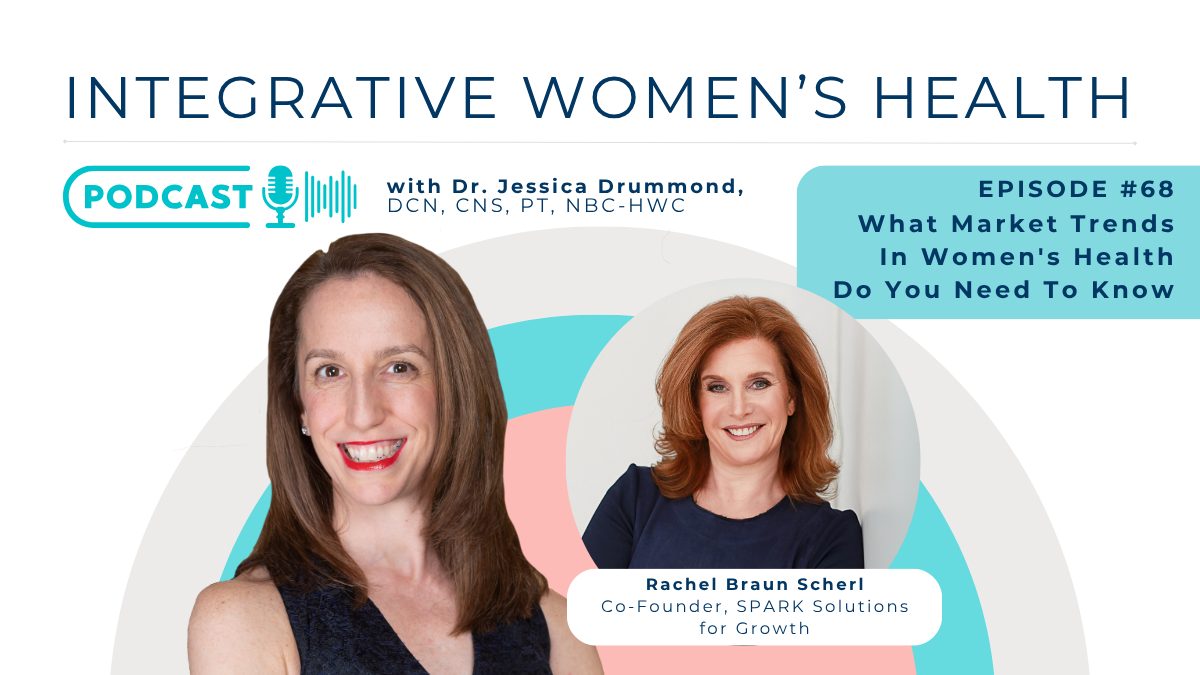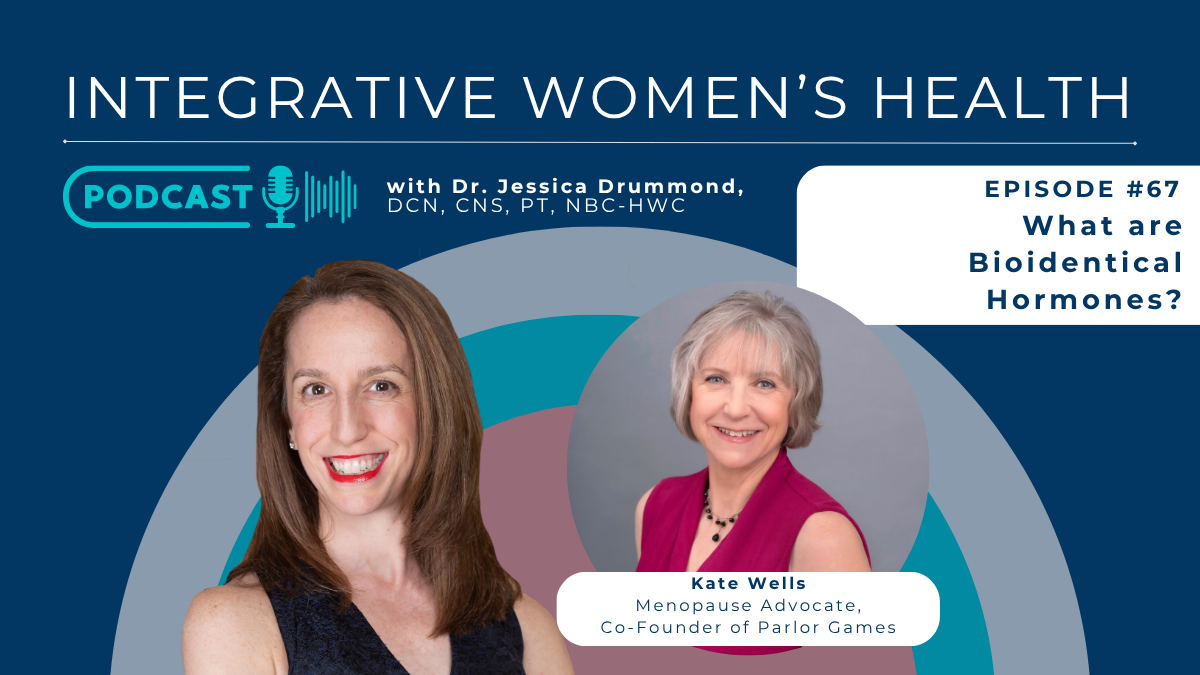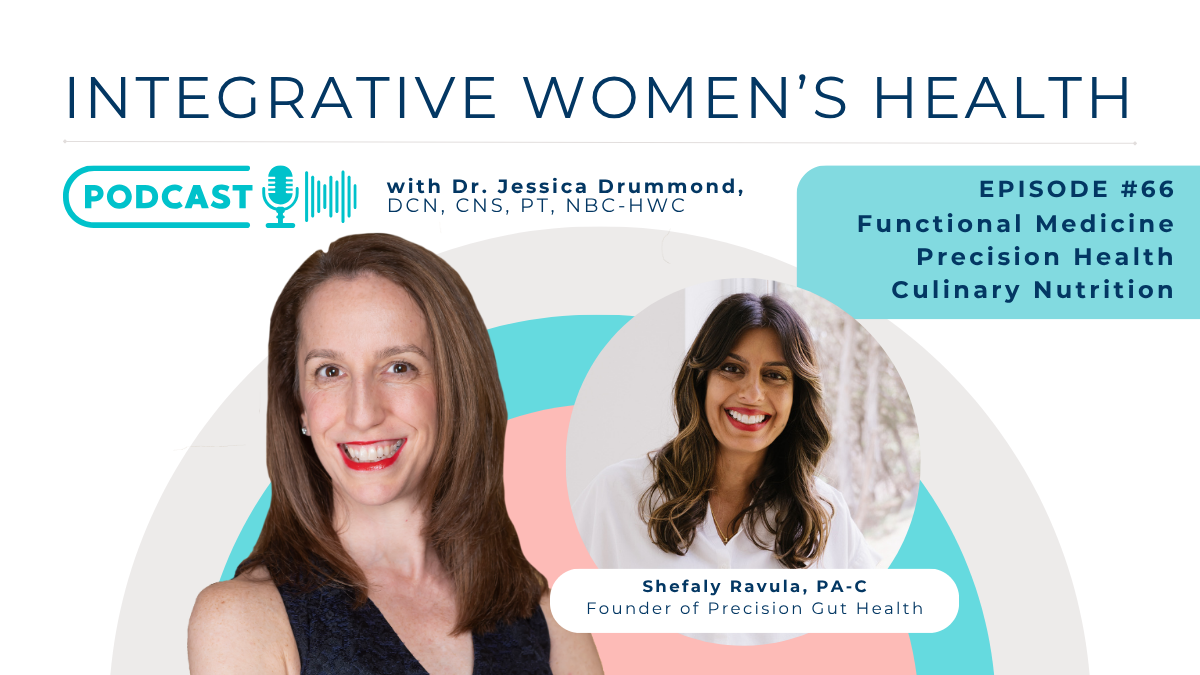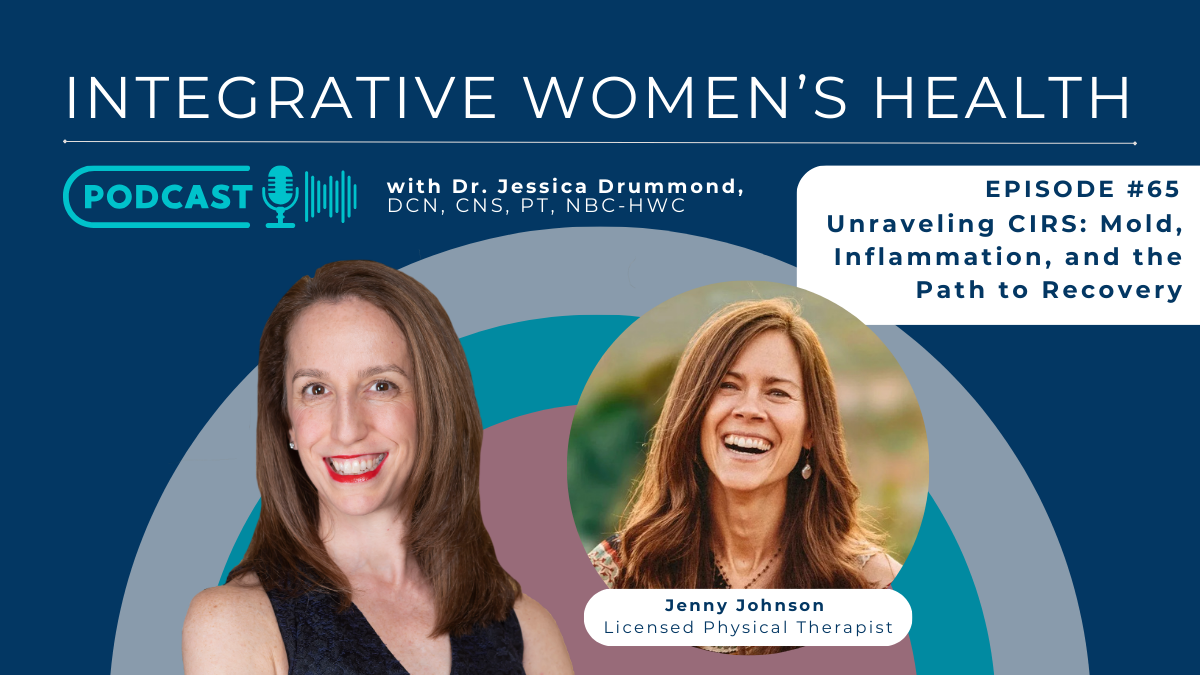PCOS is another common hormonal imbalance that can cause pelvic pain and bladder pain, often causes painful and/or irregular periods, and is one of the most common causes of infertility.
PCOS stands for Polycystic Ovary Syndrome.
For reasons that are largely unknown, women with polycystic ovary syndrome often have at least one of several hormonal imbalances.
Usually, women with PCOS make levels of male sex hormones, like testosterone, that are too high.
Women with PCOS often have insulin resistance. Insulin resistance is an early predictor of diabetes and is basically a more mild form of diabetes.
When you have insulin resistance, you have trouble transferring the sugar from your blood into your cells because the insulin (the hormone that transfers sugar from blood to cells) has a difficult time doing its job.
If insulin resistance is left alone, eventually it will progress to become diabetes, putting women with PCOS at risk for serious complications like heart disease, blindness, and amputation.
If you have any of the following symptoms, you might have PCOS.
- Weight gain
- Acne
- Heavy or darker face, chest, or body hair
- Ovarian cysts (these can be very painful if they rupture)
- Bladder pain
- Difficulty getting pregnant
- Depression
Because the cause of PCOS isn’t clear, your doctor will consider diagnosing you with PCOS if you have any of these symptoms.
Your doctor may test you for hormone imbalances, and she may have an ultrasound done of your ovaries to look for any cysts.
If you’re beginning to see yourself in this picture, don’t worry.
The great news is that PCOS can be easy to improve with some simple functional nutrition and lifestyle shifts.
Several women have even improved to completely normal hormone levels. It is best taken care of with a great team approach focusing on nutrition and a healthy lifestyle as a foundation.
Our signature program, The Outsmart Endometriosis Health Coaching Program, was created to target the exact challenges that people who struggle with PCOS, endometriosis, or any related diseases. And, it has been so much fun for me to see great success stories.
Several women have gotten pregnant with the help of this program, sometimes with additional fertility treatment or Eastern medicine treatment, and sometimes on their own.
All of the women that we have had in this program who came with painful, irregular periods now have more regular and significantly less painful periods.
And, all of the women with PCOS that we have worked with have had improvements in their weight. Losing as little as 10 pounds can help to regulate the hormone imbalances associated with PCOS.
If you think you have PCOS, what should you do?
- Surround yourself with a good team of healthcare professionals including a nutritionist (or our nutrition group program), a physician who is experienced at medically treating PCOS, and a fitness expert.
- Start by adding plenty of vegetables to your diet. Are you comfortable cooking at home? If not, start with this simple salad that you can learn to make quickly, and deliciously!
- Find out which foods you are most sensitive to. If you are eating foods that cause your body to kick off an immune response, then you may have trouble losing weight no matter how hard you exercise or how little you eat. You can try our summer cleanse program (coming soon!), do an elimination diet, or ask your doctor or nutritionist to order food sensitivity blood testing. I recommend the tests offered by ALCAT or Genova.
Do you struggle with PCOS? What have you done to improve your health and fertility? Share your stories with us in the comments below! And, please share this post with any of your friends who might be struggling with PCOS.

